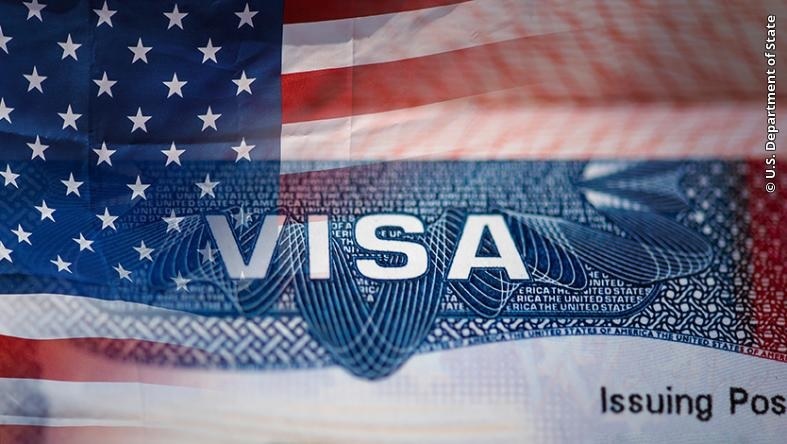
Trump sought to replace lottery with wage-based selection in his last days in office.
The Biden administration will continue the current system of H-1B visa selection for high-skilled foreign workers by lottery until the yearend instead of replacing it with wage-based selection announced by the Trump administration.
Indian tech professionals are the biggest beneficiaries of the current lottery system getting about two thirds of the 85,000 H-1B visas issued annually.
US Citizenship and Immigration Services (USCIS) announced Thursday that it was delaying the effective date of the H-1B selection final rule announced on Jan.7 from March 9, to Dec. 31, 2021.
This was intended “to give USCIS more time to develop, test, and implement the modifications to the H-1B registration system and selection process” as also “train staff and perform public outreach as well as give stakeholders time to adjust to the new rule,” it said.
For the upcoming H-1B cap season, USCIS will apply the current regulations (random selection) to any registration period that takes place before December 31, 2021, USCIS added.
READ: Trump extends executive order suspending H-1B till March (December 31, 2020)
Announcing the final rule to modify the H-1B cap selection process and amend current lottery procedures in January, USCIS had said it would better ensure the most highly skilled foreign workers benefit from the temporary employment program and prioritize wages to protect the economic interests of US workers.
For up-to-date news and analysis, follow us on Twitter @ambazaarmag or join the American Bazaar immigration Facebook group.
Modifying the H-1B cap selection process will “incentivize employers to offer higher salaries, and/or petition for higher-skilled positions, and establish a more certain path for businesses to achieve personnel needs and remain globally competitive, the immigration agency then said.
The USCIS Deputy Director for Policy Joseph Edlow under the Trump administration had also suggested “the H-1B temporary visa program has been exploited and abused by employers primarily seeking to fill entry-level positions and reduce overall business costs,”
It had also failed “to leverage the program to compete for the best and brightest international workforce, and has predominately resulted in the annual influx of foreign labor placed in low-wage positions at the expense of US workers.”
The delay has been announced days after the department of labor (DOL) postponed the implementation of final wages rule until May 14, 2021.
The final wages rule would have forced American companies seeking H-1B, H-1B1 or E-3 visas for foreign workers to offer the same, or higher, wages as their local counterparts. It is currently under review by the Biden administration.
The net effect of both the announcements is that for the coming H-1B filing season, the old norms continue. As it did last year, USCIS will conduct two lotteries to select enough beneficiaries to meet the annual quota of 85,000.
The first lottery will include all registered applications and will select enough registrations to meet the regular H-1B cap of 65,000.
The second lottery would include registered US advanced-degree holders who were not chosen in the first lottery and would select enough registrations to meet the H-1B Masters’ cap of 20,000.
During the last filing season, for the fiscal year ending Sept. 30, 2021, USCIS had received 275,000 registrations from sponsoring employers for workers they wish to depute or hire in the US.
Of these 67.7% or 186,000 were for those from India. Roughly 46% of all registrations or 126,000 were eligible for the Masters’ cap, according to USCIS data.



